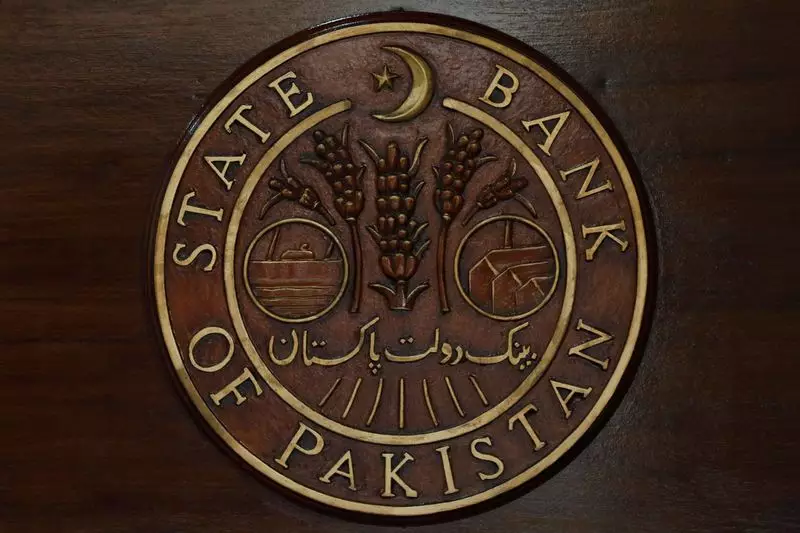Pakistan’s central bank announced the repayment of $1 billion in Eurobonds, a scheduled payment that was made ahead of the nation’s pursuit of a long-term bailout from the International Monetary Fund. The bond, which was originally launched in 2014, reached maturity this month and was successfully repaid on Friday. This repayment was made to the agent bank for further distribution to the bond holders, as stated by the central bank in a press release.
Facing a balance of payments crisis, soaring inflation rates, and steep currency devaluation, Pakistan has found itself in desperate need of financial assistance. Following the expiry of the IMF standby arrangement of $3 billion secured last summer, Pakistan’s Finance Minister, Muhammad Aurangzeb, is set to embark on negotiations for the country’s 24th long-term IMF bailout. The Finance Minister is scheduled to depart for Washington to attend the IMF-World Bank spring meeting, where discussions regarding the new IMF program will commence.
The expiration of the previous IMF standby arrangement, coupled with the looming financial obligations and restructuring requirements, highlights Pakistan’s ongoing economic challenges. The need to implement necessary policy reforms to address deficits, build up reserves, and manage the mounting debt burden remains crucial for the country’s long-term financial stability. Prime Minister Shehbaz Sharif was briefed by Finance Minister Aurangzeb on the details of the new IMF program, underscoring the significance of the impending negotiations.
As Pakistan navigates through its economic turmoil and engages in discussions with the IMF for a new bailout package, the government faces critical decisions regarding fiscal policies, monetary strategies, and structural reforms. The successful repayment of the Eurobonds signifies a step in the right direction, yet the challenges that lie ahead necessitate a comprehensive and sustainable approach to stabilize the economy, reduce inflation, and restore investor confidence.
Pakistan’s repayment of Eurobonds and the initiation of negotiations for a new IMF bailout signify pivotal moments in the country’s financial landscape. The outcome of the upcoming discussions, coupled with the implementation of effective policy measures and structural reforms, will determine Pakistan’s ability to overcome its economic hurdles and pave the way for sustainable growth and development in the future.


Leave a Reply